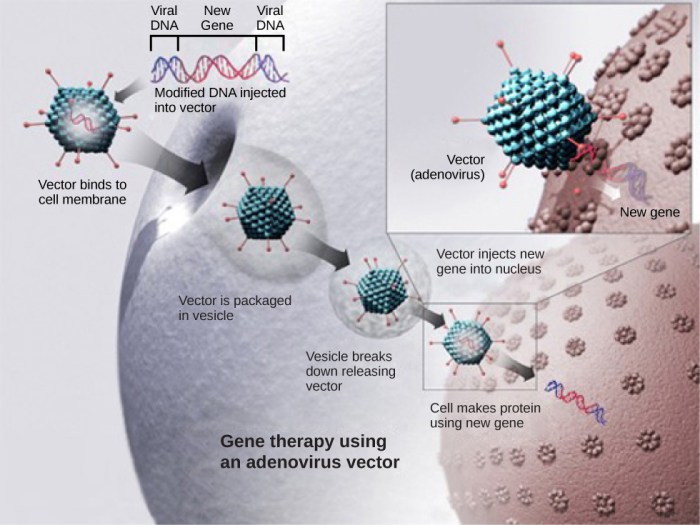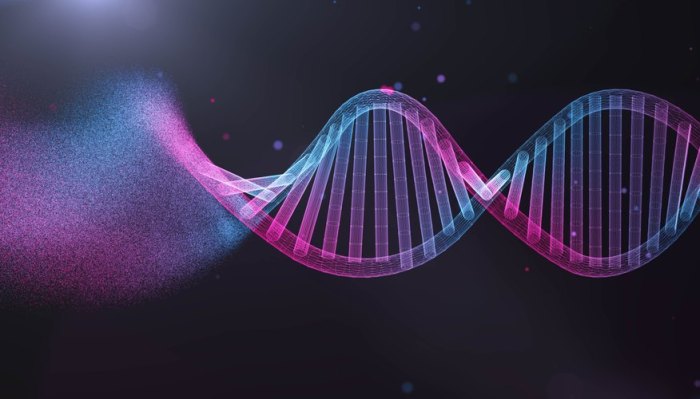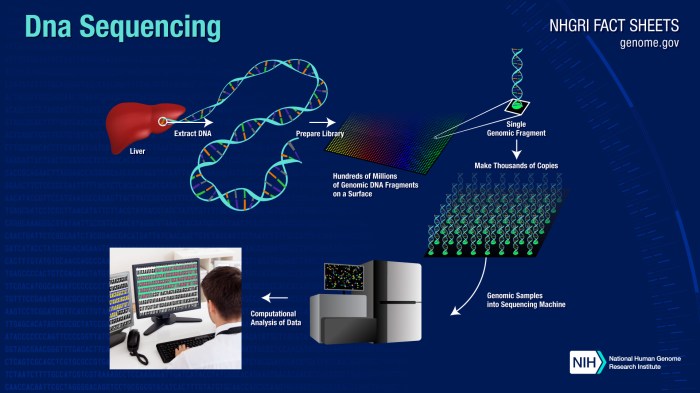Which best illustrates the importance of DNA technology? This question sets the stage for this enthralling narrative, offering readers a glimpse into a story that is rich in detail and brimming with originality from the outset. DNA technology has revolutionized various fields, including medicine, forensics, and agriculture, and its impact continues to shape the future of science and society.
The fundamental principles of DNA technology, including its structure, function, and applications, will be explored. We will delve into the medical applications of DNA technology, examining its role in diagnosing and treating genetic diseases, enabling personalized medicine, and raising ethical implications.
Understanding DNA Technology

DNA technology is a rapidly advancing field that has revolutionized our understanding of life. It has provided insights into the fundamental principles of genetics, enabled the diagnosis and treatment of genetic diseases, and opened up new possibilities in forensic science and agriculture.
Structure and Function of DNA, Which best illustrates the importance of dna technology
DNA (deoxyribonucleic acid) is a molecule that contains the genetic instructions for an organism. It is composed of four different nucleotides: adenine (A), thymine (T), cytosine (C), and guanine (G). These nucleotides are arranged in a specific sequence that determines the genetic code.
DNA is organized into genes, which are specific regions of the DNA molecule that code for a particular protein. Proteins are the building blocks of cells and are essential for all life processes.
Applications of DNA Technology
DNA technology has a wide range of applications in various fields, including:
- Medicine:Diagnosis and treatment of genetic diseases, personalized medicine, gene therapy
- Forensics:DNA profiling for criminal investigations, identification of victims, exoneration of the innocent
- Agriculture:Crop improvement, animal breeding, genetically modified organisms (GMOs)
Medical Applications of DNA Technology
DNA technology has revolutionized the field of medicine. It has enabled the diagnosis and treatment of genetic diseases, such as cystic fibrosis and sickle cell anemia. DNA sequencing has also made it possible to develop personalized medicine, where treatments are tailored to the individual’s genetic makeup.
Forensic Applications of DNA Technology
DNA profiling has become an indispensable tool in forensic science. It allows investigators to identify suspects, link crimes to perpetrators, and exonerate the innocent. Techniques such as PCR (polymerase chain reaction) and STR (short tandem repeat) analysis are used to analyze DNA samples and create unique genetic profiles.
Agricultural Applications of DNA Technology
DNA technology has also had a significant impact on agriculture. It has enabled the development of genetically modified organisms (GMOs), which have improved crop yields and resistance to pests and diseases. DNA technology is also being used to improve animal breeding and develop new breeds with desirable traits.
Ethical Considerations of DNA Technology
While DNA technology has brought about numerous benefits, it also raises important ethical concerns. These include privacy concerns, the potential for discrimination based on genetic information, and the ethical implications of genetic engineering.
It is important to ensure that DNA technology is used responsibly and ethically. This requires the development of clear legal and regulatory frameworks, as well as public education about the benefits and risks of DNA technology.
Commonly Asked Questions: Which Best Illustrates The Importance Of Dna Technology
What is the fundamental principle of DNA technology?
DNA technology is based on the understanding of the structure, function, and manipulation of DNA, the molecule that carries genetic information.
How has DNA technology revolutionized medicine?
DNA technology has enabled the diagnosis and treatment of genetic diseases, personalized medicine, and the development of targeted therapies.
What are the ethical concerns surrounding DNA technology?
Ethical concerns include privacy, discrimination, and the potential misuse of genetic information.



